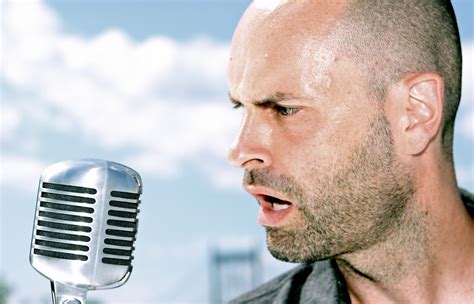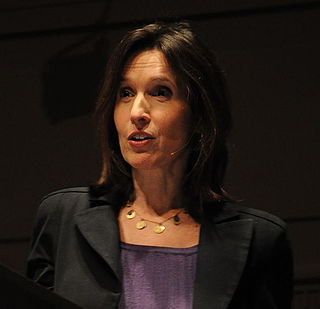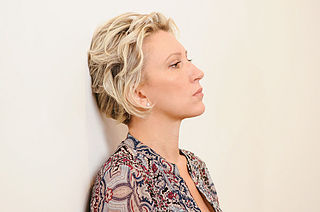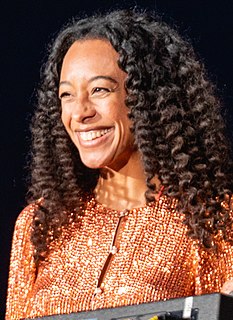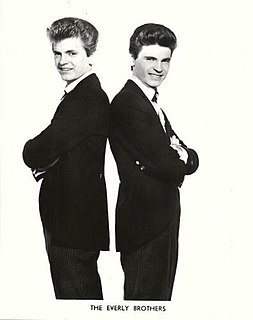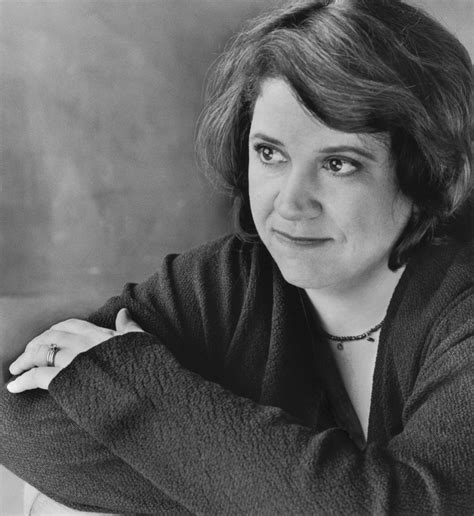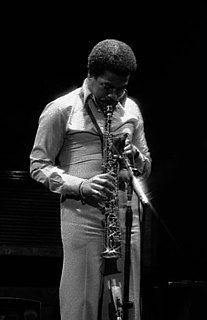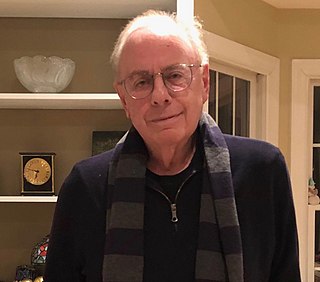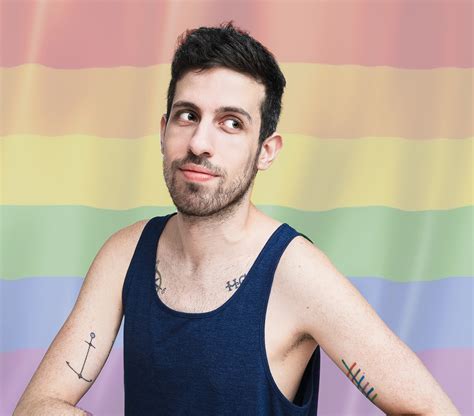Top 1200 Grief And Mourning Quotes & Sayings
Explore popular Grief And Mourning quotes.
Last updated on December 2, 2024.
Grief is real because loss is real. Each grief has its own imprint, as distinctive and as unique as the person we lost. The pain of loss is so intense, so heartbreaking, because in loving we deeply connect with another human being, and grief is the reflection of the connection that has been lost. We think we want to avoid the grief, but really it is the pain of the loss we want to avoid. Grief is the healing process that ultimately brings us comfort in our pain.
All those years I fell for the great palace lie that grief should be gotten over as quickly as possible and as privately. But, what I've discovered is that the lifelong fear of grief keeps us in a barren, isolated place, and that only grieving can heal grief. The passage of time will lessen the acuteness, but time alone, without the direct experience of grief, will not heal it.
If, as a culture, we don’t bear witness to grief, the burden of loss is placed entirely upon the bereaved, while the rest of us avert our eyes and wait for those in mourning to stop being sad, to let go, to move on, to cheer up. And if they don’t — if they have loved too deeply, if they do wake each morning thinking, I cannot continue to live — well, then we pathologize their pain; we call their suffering a disease. We do not help them: we tell them that they need to get help.
Grief causes you to leave yourself. You step outside your narrow little pelt. And you can’t feel grief unless you’ve had love before it - grief is the final outcome of love, because it’s love lost. […] It’s the cycle of love completed: to love, to lose, to feel grief, to leave, and then to love again. Grief is the awareness that you will have to be alone, and there is nothing beyond that because being alone is the ultimate final destiny of each individual living creature. That’s what death is, the great loneliness.
One of the difficulties with grief research is that it risks making certain kinds of grief seem normal and others abnormal - and of course having a sense of the contours of grief is, I think, truly useful, one has to remember it's not a science, it's an individual reckoning, which science is just trying to help us describe.
Grief is accepting the reality of what is. That is grief's job and purpose-to allow us to come to terms with the way things really are, so that we can move on. Grief is a gift of God. Without it, we would all be condemned to a life of continually denying reality, arguing or protesting against reality, and never growing from the realities we experience.
The most important part of the process of mourning is regularly reciting kaddish in a synagogue. Kaddish is a doxology, which Jewish tradition has mandated children to recite daily in a synagogue during the year of mourning for a deceased parent and then on the anniversary of his or her death thereafter.
Social media reactions to celebrity death have taken on a predictable pattern: an outpouring of shock with expressions of grief, followed by a ghoulish need to know all the details, to see the scene of the death and the family in mourning. Then a post-mortem dissection of all the perceived flaws the celebrity had.
Grieving, like being blind, is a strange business; you have to learn how to do it. We seek company in mourning, but after the early bursts of tears, after the praises have been spoken, and the good days remembered, and the lament cried, and the grave closed, there is no company in grief. It is a burden borne alone.
The interesting thing about grief, I think, is that it is its own size. It is not the size of you. It is its own size. And grief comes to you. You know what I mean? I’ve always liked that phrase “He was visited by grief,” because that’s really what it is. Grief is its own thing. It’s not like it’s in me and I’m going to deal with it. It’s a thing, and you have to be okay with its presence. If you try to ignore it, it will be like a wolf at your door.
I think what I was unconsciously expressing in 'Black Rainbow' was a very abstract and metaphorical grief, in the way I had suppressed my grief about my mother dying. In retrospect I realise I started writing 'Mandy' as a sort of antidote to that, to sort of express those emotions, to purge that grief.
Grief is neither a disorder nor a healing process; it is a sign of health itself, a whole and natural gesture of love. Nor must we see grief as a step toward something better. No matter how much it hurts-and it may be the greatest pain in life-grief can be an end in itself, a pure expression of love.




